31
“I am no longer my own”
On this New Year’s Eve, as you look back at the year behind you and anticipate the one before you, you would do well to ponder this important question:
“Who am I? What am I supposed to be?”
That’s the question that plagued an Indian man in Saudi Arabia in October 2013, after he appeared in front of the Indian Consulate, unconscious. When he was finally revived in a private hospital, he could not recall his name, hometown, or passport particulars. He was diagnosed with a brain tumor that caused significant memory loss. In short, he did not know who he was.
A charitable agency began working with government officials to help establish his identity. They posted his picture on social media and within a few short months, thousands had seen his picture. Someone finally recognized him. Officials contacted his wife, who was overjoyed to learn that he was found. She provided documentation to prove his identity: Dhanigaivel Gunasekaran. When reporters showed up to interview Mr. Gunasekaran in the hospital, they found him weeping with tears of joy and relief in his hospital bed.1
There is nothing like discovering who you really are. These are questions that lie at the deepest level of our existence. “Who am I and why am I here?” “What defines me?” “What am I supposed to be?”
Oh, if only these questions were merely about what career to pursue, or where to live, or whom to marry. They’re not. The questions are much deeper than that. They’re about identity and purpose.
They’re questions that we ask in our middle-aged years, as we pass the halfway point in our lives, wondering how differently we might live the second act of life compared to the first.
They’re questions that haunt us in our private moments when we struggle with how our public persona matches our essential self.
They’re questions that comprise our truest personality, our personal history, our values, our uniqueness as a person, and, especially, our relationship to God.
And they’re questions that are appropriate to ask as we conclude our Christmas journey and look ahead to the new year.
So, it should be no wonder that for generations, Methodists have begun the new year with the Wesley Covenant Prayer, which offers a clear, succinct answer to the question, “Who am I? What am I supposed to be?”
“I am no longer my own, but thine.”2
With all the ways that our culture would want to define you, and how you may have struggled to find out who you really are, you need only remember this: you belong to God.
You belong to God, even when you question what God is calling you to do, or whom God has placed in your life (“Put me to what thou wilt, rank me with whom thou wilt”).
You belong to God, even when life takes a wrong turn. (“Put me to doing, put me to suffering”).
You belong to God, even when you’re not sure if you are doing God’s will, or hearing God at all (“Let me be employed by thee or laid aside for thee”).
You belong to God, even when you feel on top of the world, or when it feels like your faith has cost you dearly (“exalted for thee or brought low for thee”).
You belong to God, even when you feel content, or when you are longing to fill a void (“Let me be full, let me be empty”).
You belong to God, even if you have it all, or when you have nothing at all (“Let me have all things, let me have nothing”).
So that leaves only one true and right response: Surrender. Render all of yourself into the glory and blessing of God and remember that no matter what, “thou art mine, and I am thine.”
And let that conviction remind you of who you are and guide you into the year ahead.
Rev. Magrey R. deVega
1PTI, “Facebook Helps Establish Identity of Indian in Saudi Arabia,” The Economic Times, updated December 17, 2013, https://economictimes.indiatimes.com/nri/nris-in-news/facebook-helps-establish-identity-of-indian-in-saudi-arabia/articleshow/27527096.cms.
2“A Covenant Prayer in the Wesleyan Tradition,” The United Methodist Hymnal (Nashville, TN: The United Methodist Publishing House, 1989), 607.
